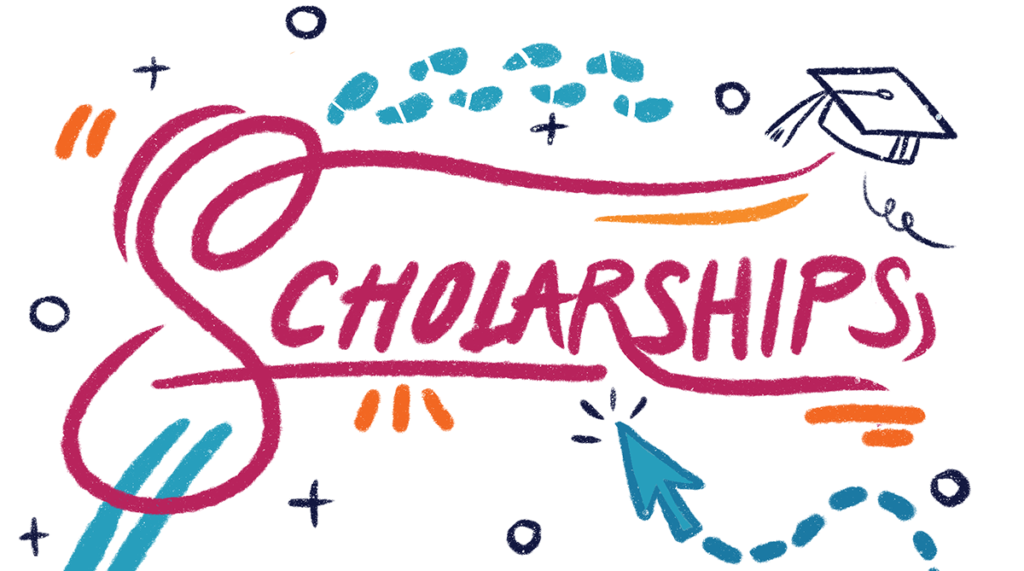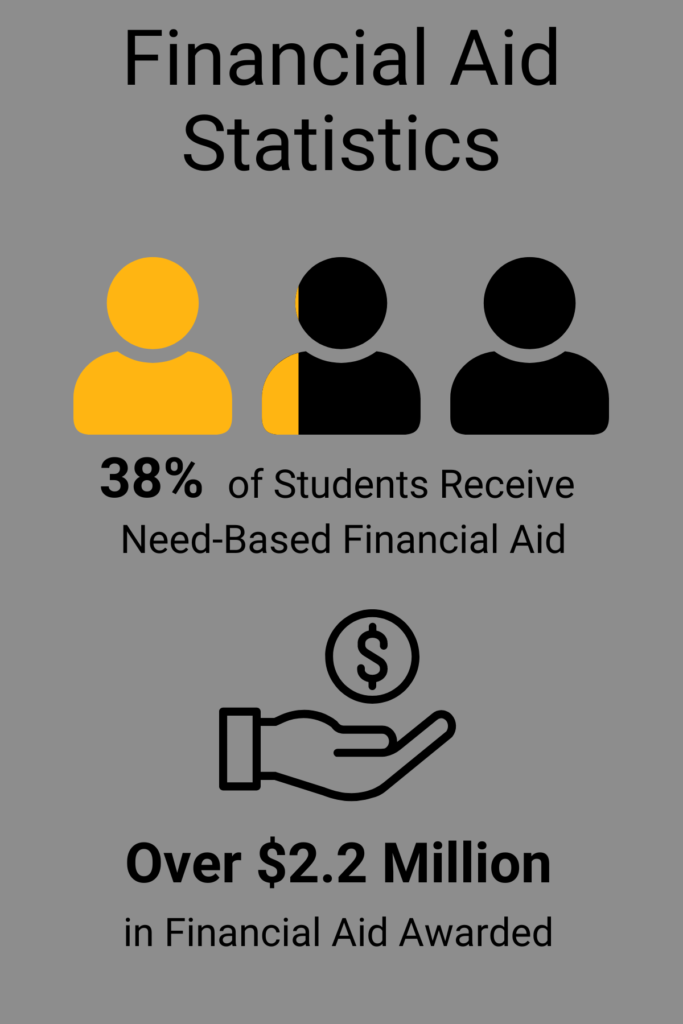The Cost of Private Schools in Nigeria for 2025: A Comprehensive Guide for Parents
As a Nigerian parent, one of the most important decisions you’ll make for your child is choosing the right school. Education is a priority for many families, and private schools have become a popular choice due to their perceived higher quality of education, better facilities, and smaller class sizes. However, with the rising cost of living and economic challenges in Nigeria, understanding the cost of private schools in 2025 is crucial for proper financial planning.
In this article, we’ll break down the cost of private schools in Nigeria for 2025, provide a detailed comparison of fees across different regions, and offer practical advice to help you make an informed decision. Whether you’re a parent looking to enroll your child in a private school or simply curious about the current trends, this guide is for you.
Why Private Schools?
Private schools in Nigeria have gained a reputation for offering quality education, modern facilities, and extracurricular activities that public schools often lack. Many parents are willing to pay a premium for these benefits, believing it will give their children a competitive edge in the future. However, the cost of private education varies widely depending on factors like location, school reputation, and facilities.
Factors Influencing the Cost of Private Schools in Nigeria
Before diving into the numbers, it’s important to understand the factors that contribute to the cost of private schools:
- Location: Schools in urban areas like Lagos, Abuja, and Port Harcourt tend to be more expensive than those in rural areas.
- School Reputation: High-profile schools with a track record of academic excellence charge higher fees.
- Facilities: Schools with state-of-the-art facilities like science labs, swimming pools, and ICT centers often have higher fees.
- Curriculum: Schools offering international curricula like the British or American system are generally more expensive than those offering the Nigerian curriculum.
- Class Size: Schools with smaller class sizes often charge more to maintain a low student-to-teacher ratio.
Average Cost of Private Schools in Nigeria for 2025
Based on recent research and data gathered from school websites, social media posts, and parent forums, here’s a breakdown of the average cost of private schools in Nigeria for 2025:
1. Nursery and Primary Schools
- Low-cost private schools: ₦50,000 – ₦150,000 per term
These schools are often found in rural areas or less affluent neighborhoods. They offer basic facilities and follow the Nigerian curriculum. - Mid-range private schools: ₦200,000 – ₦500,000 per term
These schools are common in urban areas and offer better facilities, smaller class sizes, and a blend of Nigerian and international curricula. - High-end private schools: ₦600,000 – ₦1,500,000 per term
These schools are located in affluent areas and offer top-notch facilities, international curricula, and extracurricular activities like swimming, robotics, and music.
2. Secondary Schools
- Low-cost private schools: ₦100,000 – ₦300,000 per term
These schools provide basic education and are often chosen by parents on a tight budget. - Mid-range private schools: ₦400,000 – ₦800,000 per term
These schools offer better facilities, qualified teachers, and a mix of Nigerian and international curricula. - High-end private schools: ₦1,000,000 – ₦3,000,000 per term
These schools are known for their excellent academic records, modern facilities, and international exposure.
3. International Schools
International schools are the most expensive option, with fees ranging from ₦2,000,000 to ₦5,000,000 per term. These schools offer globally recognized curricula like the British, American, or International Baccalaureate (IB) system. They also provide world-class facilities, experienced expatriate teachers, and opportunities for international exchange programs.
Regional Breakdown of Private School Fees in Nigeria
The cost of private schools varies significantly across different regions in Nigeria. Here’s a regional comparison for 2025:
1. Lagos
Lagos is home to some of the most expensive private schools in Nigeria. High-end schools in areas like Lekki, Victoria Island, and Ikoyi charge between ₦1,500,000 and ₦5,000,000 per term. Mid-range schools in areas like Surulere and Ikeja charge between ₦300,000 and ₦800,000 per term, while low-cost schools in suburbs like Ajegunle charge between ₦50,000 and ₦150,000 per term.
2. Abuja
Abuja, being the capital city, also has a high concentration of expensive private schools. High-end schools in areas like Maitama and Asokoro charge between ₦1,200,000 and ₦4,500,000 per term. Mid-range schools in areas like Gwarimpa and Kubwa charge between ₦250,000 and ₦700,000 per term.
3. Port Harcourt
In Port Harcourt, high-end private schools charge between ₦1,000,000 and ₦3,500,000 per term. Mid-range schools charge between ₦200,000 and ₦600,000 per term, while low-cost schools charge between ₦50,000 and ₦120,000 per term.
4. Other States
In states like Enugu, Kano, and Oyo, private school fees are generally lower. High-end schools charge between ₦800,000 and ₦2,500,000 per term, while mid-range schools charge between ₦150,000 and ₦500,000 per term. Low-cost schools charge between ₦30,000 and ₦100,000 per term.
Additional Costs to Consider
When budgeting for private school fees, it’s important to factor in additional costs such as:
- Registration fees: ₦10,000 – ₦100,000 (one-time payment)
- Uniforms and textbooks: ₦50,000 – ₦200,000 per session
- Transportation: ₦50,000 – ₦150,000 per term (if using school buses)
- Extracurricular activities: ₦20,000 – ₦100,000 per term
- Examination fees: ₦10,000 – ₦50,000 (for international exams like WAEC, SAT, or IELTS)
Trends in Private School Fees Over the Years
Private school fees in Nigeria have been on a steady rise due to inflation, increased operational costs, and the demand for better facilities. For example:
- In 2020, the average fee for mid-range private primary schools in Lagos was around ₦150,000 – ₦300,000 per term. By 2025, this has increased to ₦200,000 – ₦500,000 per term.
- High-end schools that charged ₦1,000,000 – ₦2,500,000 per term in 2020 now charge ₦1,500,000 – ₦5,000,000 per term in 2025.
This upward trend is expected to continue as schools invest in modern facilities and compete to attract the best teachers.
Hidden Costs of Private Schools
While the tuition fees are the most significant expense, there are several hidden costs that parents often overlook. These include:
- Development Levies: Some schools charge annual development fees to fund infrastructure projects. This can range from ₦50,000 to ₦200,000 per year.
- PTA Fees: Parent-Teacher Association fees are common in private schools and can cost between ₦10,000 and ₦50,000 per term.
- Excursion and Field Trip Costs: Schools often organize local and international trips, which can cost anywhere from ₦20,000 to ₦500,000 depending on the destination.
- Special Classes: Some schools offer extra lessons or special classes for subjects like coding, robotics, or foreign languages, which come at an additional cost.
Scholarships and Financial Aid Opportunities
Many private schools in Nigeria offer scholarships and financial aid to talented students or those from low-income families. Here’s how you can take advantage of these opportunities:
- Academic Scholarships

: Awarded to students with exceptional academic performance. Some schools offer full or partial scholarships based on entrance exam results.
2.Sports and Arts Scholarships

: For students with exceptional talent in sports, music, or the arts.
3.Need-Based Financial Aid

: Some schools offer discounts or payment plans for families facing financial difficulties.
4.Corporate Sponsorships

: Some companies offer scholarships for employees’ children as part of their benefits package.
It’s worth contacting schools directly to inquire about available scholarships and eligibility criteria.
Comparison of Private Schools vs. Public Schools
To help parents make an informed decision, here’s a quick comparison of private and public schools in Nigeria:
| Aspect | Private Schools | Public Schools |
|---|---|---|
| Fees | High (₦50,000 – ₦5,000,000 per term) | Low or free (government-funded) |
| Class Size | Smaller (15-30 students per class) | Larger (40-100 students per class) |
| Facilities | Modern (labs, libraries, sports facilities) | Basic (often underfunded and outdated) |
| Curriculum | Nigerian and international options | Nigerian curriculum only |
| Teacher Quality | Often better trained and motivated | Varies (some are highly qualified) |
| Extracurriculars | Wide range of activities | Limited or none |
How to Save Money on Private School Fees
If you’re determined to send your child to a private school but are worried about the cost, here are some practical tips to save money:
- Choose a School Close to Home: This reduces transportation costs and time.
- Opt for Schools with Flexible Payment Plans: Some schools allow you to pay fees in installments.
- Look for Discounts: Some schools offer discounts for early payment, siblings, or referrals.
- Buy Second-Hand Uniforms and Textbooks: Many parents sell used items at a fraction of the cost.
- Consider Mid-Range Schools: You don’t always have to go for the most expensive option. Many mid-range schools offer excellent education at a lower cost.
Top 10 Most Expensive Private Schools in Nigeria (2025)
Here’s a list of some of the most expensive private schools in Nigeria for 2025, based on their fees and reputation:
- American International School of Lagos (AISL): ₦4,500,000 – ₦5,000,000 per term
- British International School, Lagos: ₦4,000,000 – ₦4,800,000 per term
- Greensprings School, Lagos: ₦2,500,000 – ₦3,500,000 per term
- Day Waterman College, Abeokuta: ₦2,200,000 – ₦3,000,000 per term
- Lekki British School, Lagos: ₦2,000,000 – ₦2,800,000 per term
- Chrisland Schools, Lagos: ₦1,800,000 – ₦2,500,000 per term
- Covenant University Secondary School, Ota: ₦1,500,000 – ₦2,200,000 per term
- Lead British International School, Abuja: ₦1,400,000 – ₦2,000,000 per term
- Rainbow College, Lagos: ₦1,200,000 – ₦1,800,000 per term
- Atlantic Hall, Lagos: ₦1,000,000 – ₦1,500,000 per term
Parent Testimonials: Is It Worth the Cost?
To give readers a real-life perspective, we can include quotes from parents who have enrolled their children in private schools:
- “I enrolled my daughter in a high-end private school in Lagos, and while the fees are high, I can see the difference in her confidence and academic performance. It’s worth every kobo.” – Mrs. Adebayo, Lagos
- “We chose a mid-range private school in Abuja because it offers a good balance between quality and affordability. So far, we’re happy with our decision.” – Mr. Ibrahim, Abuja
- “Private school fees are a stretch for our budget, but we’re making sacrifices because we believe education is the best investment for our children’s future.” – Mrs. Okonkwo, Enugu
Future Outlook: What to Expect Beyond 2025
The cost of private education in Nigeria is likely to continue rising due to factors like inflation, currency devaluation, and increased demand for quality education. However, there’s also a growing trend of affordable private schools that aim to provide quality education at a lower cost. Additionally, online learning platforms and hybrid schools are emerging as alternatives to traditional private schools, offering flexibility and cost savings.
FAQs About Private School Fees in Nigeria
- Can I negotiate private school fees?
While most schools have fixed fees, some may offer discounts or payment plans if you ask. - Are there affordable private schools in Nigeria?
Yes, there are many low-cost and mid-range private schools that offer quality education at a fraction of the cost of high-end schools. - Do private schools offer payment plans?
Many schools allow parents to pay fees in installments, but this varies by school. - What’s the difference between low-cost and high-end private schools?
High-end schools typically have better facilities, smaller class sizes, and more extracurricular activities, while low-cost schools focus on providing basic education.
Final Thoughts
Choosing the right school for your child is a significant decision that requires careful consideration of your budget, your child’s needs, and the quality of education offered. While private schools in Nigeria can be expensive, they offer numerous benefits that may justify the cost for many families.
At The Price, we understand that every family’s situation is unique. That’s why we’re here to provide you with the information and resources you need to make the best decision for your child’s future.
If you found this guide helpful, don’t forget to share it with other parents and leave a comment below. Let’s keep the conversation going!
Disclaimer: The fees mentioned in this article are estimates based on available data as of 2025. Actual fees may vary depending on the school and other factors. Always contact the school directly for the most accurate information.



Leave a Comment